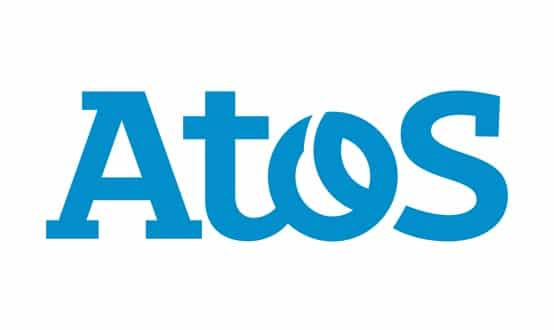NHS ramps up spend on management consultants
- 15 December 2006
Spending on management consultants across the public sector has reached a record a record £3bn a year, with an increase of over a third in the past two years, according to new figures released by the National Audit Office.
The increase in spending over the past two years is largely driven by the increased use of consultants by the NHS, where spending has increased 15-fold from £31m to more than £500m in two years.
Central government departments spent £1.8bn of the total, until the end of March 2005, down from a high of £2bn in the previous year.
Another £1bn was spent by the NHS and local government, where much of the money was spent on consultancy work on IT schemes including the NHS IT programme and ID cards.
The NAO says that many of these schemes do not represent value for money and estimate that if proper controls were introduced on the use of consultants, including benchmarking their cost versus internal staff, the government could save over £1bn over the next three years.
The report states that it "is not possible to make an overall assessment of the benefits that have arisen from the money spent on consultants", partly because departments rarely collect any information on what has been achieved.
The report criticises department’s failure to implement existing best practice guidelines on use of consultants or to collect and analyse information on their use of consultants – such as types of services purchased and the procurement route used – to better understand over time their use of consultants and the benefits they bring.
The report singles out the Ministry of Defence for praise for having a good system for comparing using internal staff versus consultants on projects, and has found the average daily cost of a MoD internal consultant is £550 and an external consultant is £1,245.
Other criticisms of Whitehall department’s use of culsultants include failing to make a proper assessment of whether internal resources could be used instead, inadequate controls over single tender contract awards, failure to undertake post-project performance reviews; and failing to plan for and carry out transfer of skills from consultants to internal staff.
For the first time the NAO has defined a consultant as a person employed to supervise and organise projects such as NHS management or IT projects. The definition excludes people brought into government to replace civil servants or where services have been outsourced to other bodies.
The companies that have won the most consultancy work from central government are IBM, £275m; LogicaCMG, £175m, Accenture £130m; and PA consulting, £102m.




